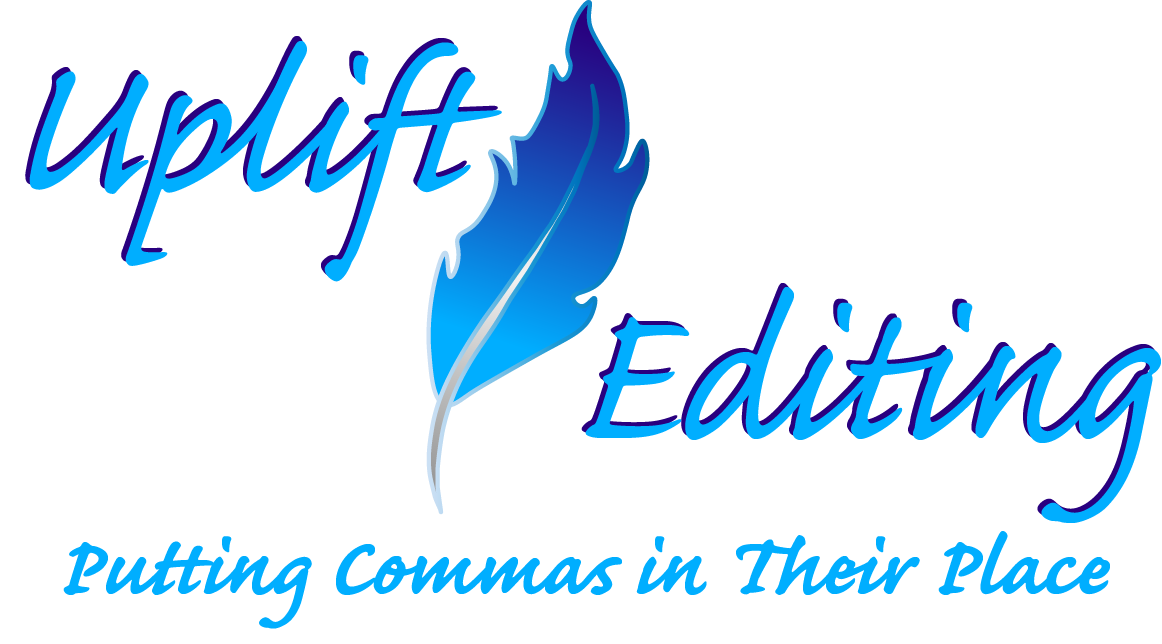Dump the Dictionary
Don’t: Try to impress your readers by using obscure words
Multitudinous scriveners eschew the quotidian vernacular in pursuance of inapprehensible folderol. Got that? If not, try this: Many writers avoid everyday language in favor of unintelligible nonsense.
These two grammatical English sentences have the same meaning, but only one effectively communicates. If your readers cannot understand your writing, they cannot engage with your message. In fact, having to stop to look up words disengages readers and increases the chance that they won’t continue reading. Dictionaries and thesauruses are wonderful tools for helping writers find the right word for the right context, but they should not be used to impress readers with big words. The size of your vocabulary does not determine the quality of your content.
Do: Use comprehensible language to clearly explain your message
The best way to show your expertise is through quality, comprehensible content. For your readers to determine whether they agree with your message, they have to understand your message and the rationale behind it. Big words cannot mask bad ideas, but by inhibiting understanding, they can mask good ideas.
When choosing your words, always keep your ideal reader in mind. If you’re writing an article for colleagues in your field, “comprehensible” includes technical terminology that those outside of your field would not understand. That’s perfectly fine. But if your ideal reader might have to reach for a dictionary to understand your writing, you need to reword.
To stay up to date with new content, follow Uplift Editing on Twitter.
